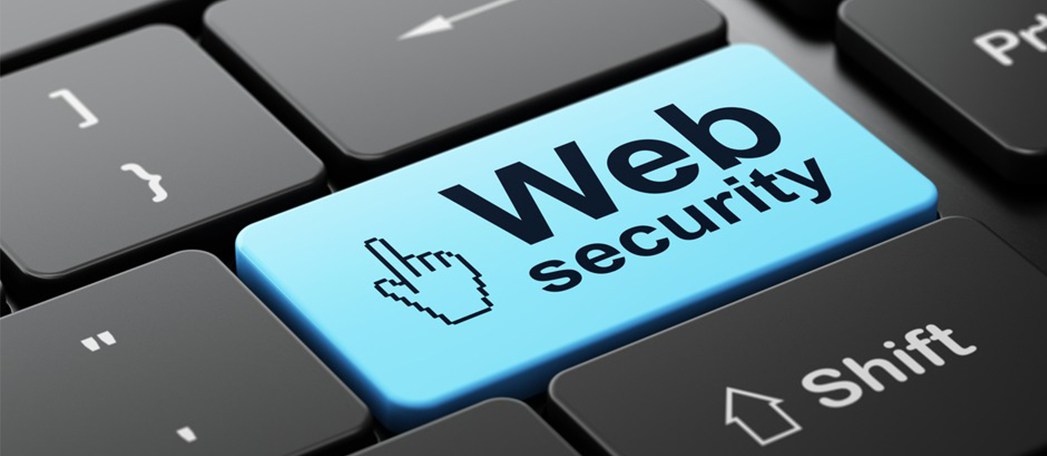In today’s digital age, ensuring the Securing Your Website: A Comprehensive Guide to Website Security is paramount. Cyber threats are ever-evolving, and a secure website not only protects sensitive data but also builds trust with your visitors. In this guide, we will walk you through essential steps to fortify your website’s defenses and keep it safe from potential vulnerabilities.
1. Choose a Reliable Hosting Provider
Begin by selecting a reputable hosting provider that prioritizes security. Opt for providers that offer features like SSL certificates, regular backups, and robust server security. A secure hosting environment forms the foundation of a protected website.
Securing Your Website: A Comprehensive Guide to Website Security

2. Keep Software and Plugins Updated
Regularly update your website’s CMS (Content Management System) and any plugins or extensions you use. Developers frequently release updates to patch security vulnerabilities. Neglecting updates can leave your website exposed to potential threats.
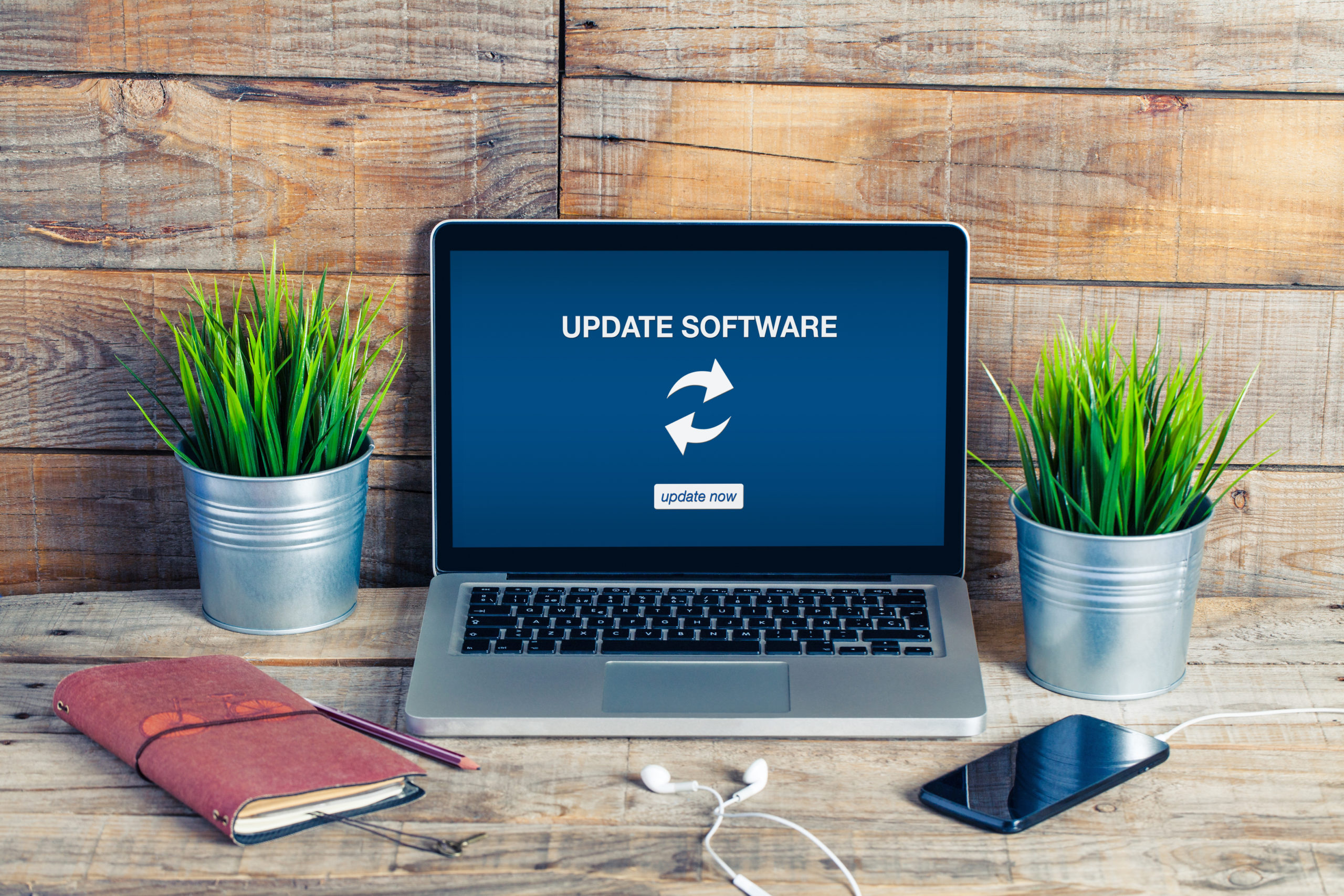
3. Implement HTTPS Encryption
Secure your website’s data transmission by using HTTPS. This encrypts the data exchanged between the user’s browser and your server, preventing unauthorized access. Many users look for the padlock icon in the address bar as a sign of a secure connection
FOR MORE INFORMATION Tap HERE.
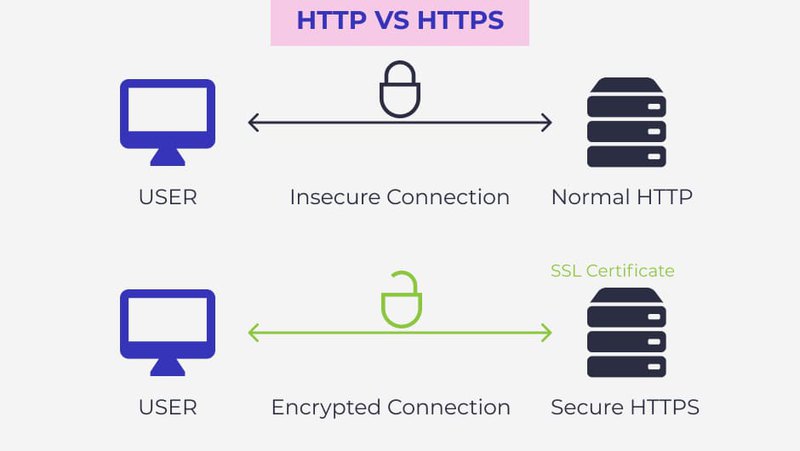
4. Strengthen Passwords and Use Two-Factor Authentication
Encourage strong passwords for all user accounts on your website. Consider implementing two-factor authentication (2FA) to add an extra layer of protection. This ensures that even if passwords are compromised, unauthorized access remains challenging.
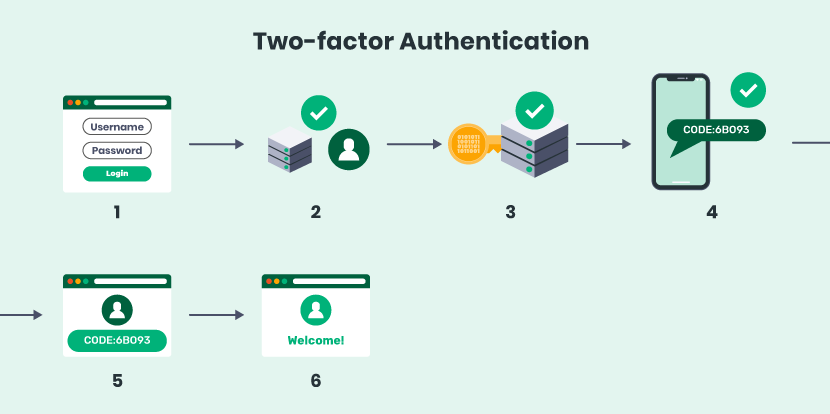
5. Regularly Backup Your Website
In the event of a security breach or data loss, having a recent backup is crucial. Schedule regular backups and store them in a secure location. This practice ensures you can quickly restore your website to a clean state if needed.
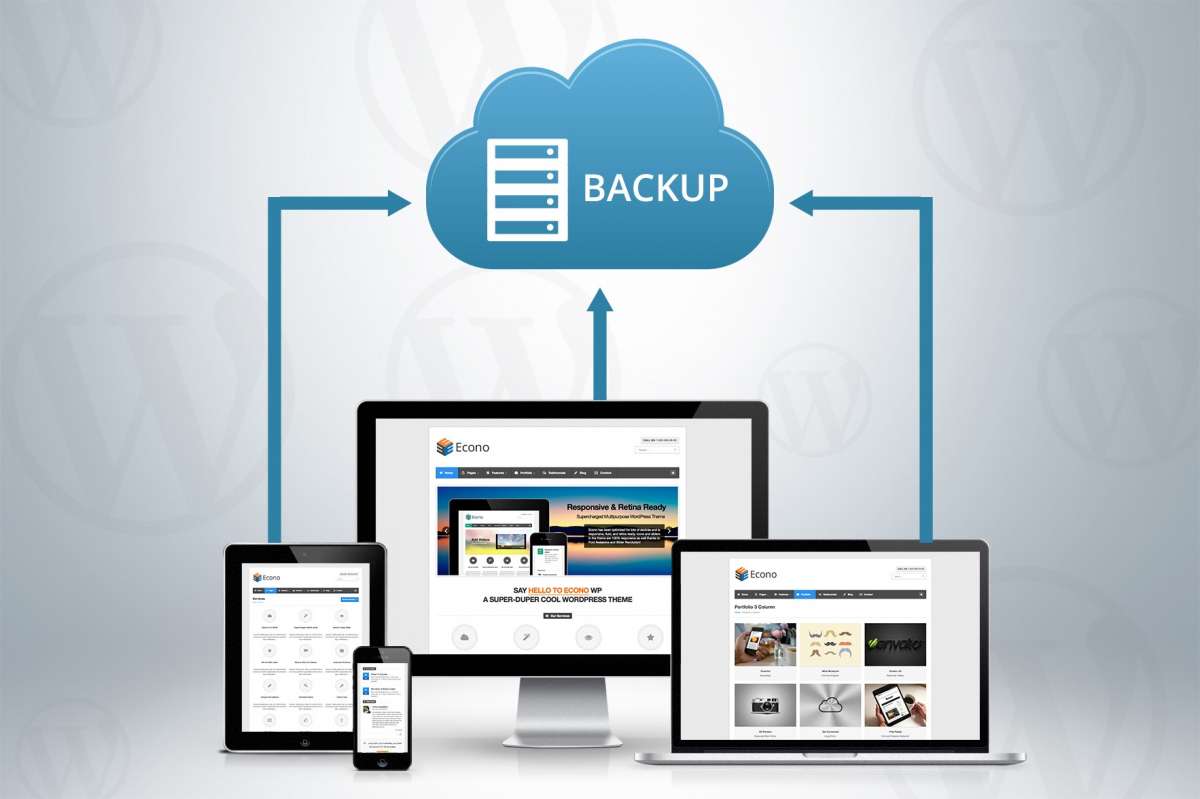
6. Monitor and Audit User Activity
Keep a close eye on user activity, especially for administrative accounts. Implementing monitoring tools and regular audits can help detect any suspicious behavior or unauthorized access early on, allowing you to take prompt action.
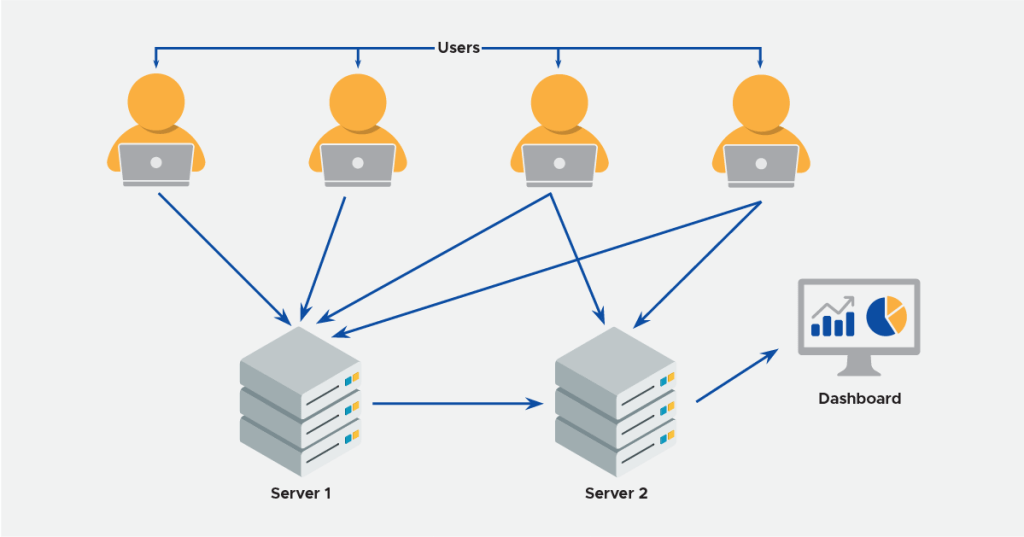
7. Use Security Plugins and Firewalls
Explore security plugins and firewalls designed for your CMS. These tools can add an extra layer of protection by actively monitoring and blocking potential threats. Research and choose plugins that are regularly updated and widely used in the security community.

8. Secure File Uploads
If your website allows file uploads, ensure that these features are secure. Limit the types of files that can be uploaded, validate user inputs, and regularly scan uploaded files for potential malware.
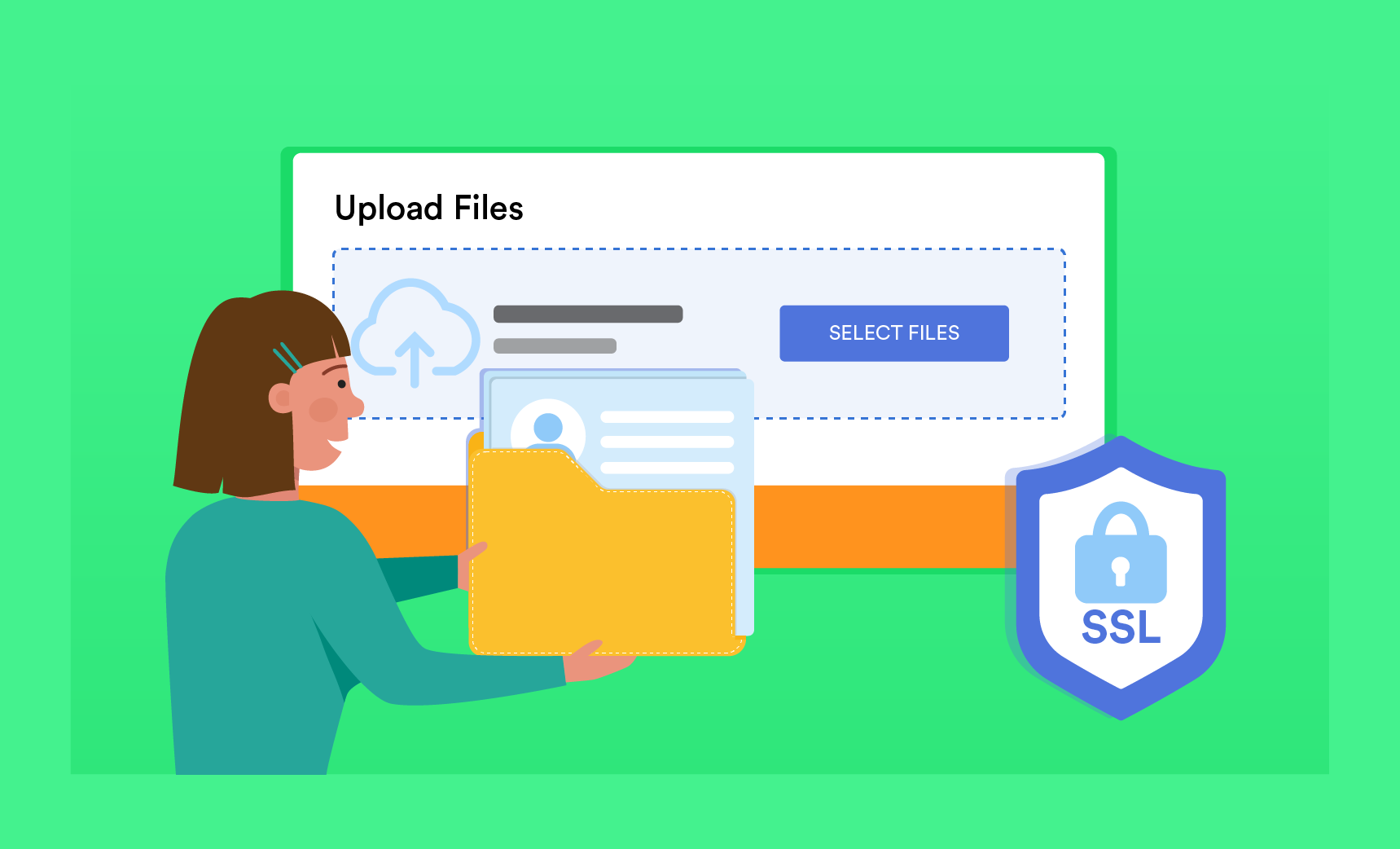
9. Educate Your Team and Users
Human error is a common cause of security breaches. Educate your team on security perfect practices, such as avoiding suspicious links and keeping login credentials confidential. Additionally, provide clear guidelines for users to create and maintain secure passwords.
10. Regular Security Audits
Perform periodic security audits to identify and address potential vulnerabilities. This proactive approach allows you to stay ahead of emerging threats and implement necessary changes to enhance your website’s security.
By following these steps, you can significantly reduce the risk of security breaches and create a safer online experience for both you and your visitors. Remember, investing in website security is an ongoing process, and staying vigilant is key to maintaining a resilient defense against cyber threats.

Also Read.

